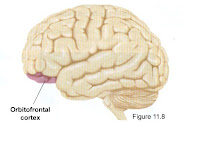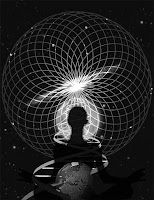This post is about perceptual ambiguity. When encountering situations with multiple interpretations (uh,like everything), the mind filters information in such a way as to present what is comfortable. Watch the video below to see this principle in action:
Why do our brains do this? What can we gather and learn from these types of illusions? Just know that our sensory systems have expectations of how the world is supposed to be, yet they are illusions. By looking for the whole–other interpretations become available, and doors open.
Lesson: Seek the whole in every situation. Guaranteed to blow your mind.

















